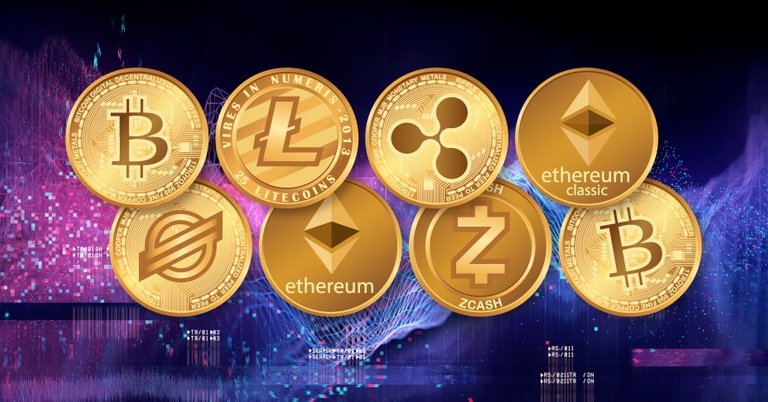Cryptocurrencies are becoming legitimate. At least this is the view of the Institute of Nuclear Physics Polish Academy of Sciences.
An odd organization to be looking at a financial instrument. Yet, when you consider that markets are mathematically driven, we see how this makes sense.

The challenge with cryptocurrency has been the virtual nature meaning they are dependent upon the FOREX market. This is something that persisted over much of the last decade. Yet, according to the Institute, we now see cryptocurrency operating independent of the FOREX market.
Without going into all the technical details of the study, the basic essence is that the rate fluctuations of cryptocurrencies towards each other started to mirror that of traditional markets including FOREX. Where the USD and EUR were the base pairs there, in crypto, BTC and ETH stepped into that role. The study revealed that the base pair was a best indication of correlation.
What this means is that BTC and ETH are replacing the USD as the base pair for trading. Hence, the assertion of independence from other markets.
Our research on internal correlations on the cryptocurrency market indicates that this market has
reached the level of maturity allowing it to be treated as equivalent to regular financial markets, and
in particular the global currency exchange market, which is Forex—explains Stanisław Drożdż. We
witness the emergence of an integrated and independent market in which cryptocurrencies are
exchanged with each other without the need to use, for example, the USD, as was the case in the
initial phase of cryptocurrency trading.
The work of the Kraków team has shown that despite existing economic connections,
cryptocurrencies cease to be significantly correlated with traditional financial instruments such as
currencies, stock markets or commodities. Apart from being a new medium of brokerage in trade—
an alternative to traditional currencies—they create new possibilities for diversifying investment
portfolios. The described analyses certainly have the potential to reduce the degree of distrust of
investors towards this visionary and futuristic financial instrument.
To read the full write up about the study:
https://press.ifj.edu.pl/en/news/2020/04/02/IFJ20200402_Decrypting-cryptocurrencies.pdf
According to this team, the cryptocurrency market evolved enough to be considered a market on its own. The actions of this market mirror that of traditional markets to a degree to be considered in line with them. Of course, this is only observing the fluctuations in activity and correlation, not the size of the markets.
The ability to operate independent of any national currency was always the goal of cryptocurrency. From the start of Bitcoin, the focus was upon a decentralized system where no single entity, either central bank or government, was able to exert full power over the system.
It appears the industry grew to the point where the markets are establishing a base outside the bounds of traditional currencies. In the early days, the USD and EUR were the base pairs. Now that BTC and ETH took over that role, we can see how independence was established.
Now that the market has evolved to the point where it is an independent entity, we can start to move towards the next stage of the evolution. This is where the currencies start to provide use cases for individuals. Since there is no need to revert back to any other market, independent structures can be erected that facilitate the needs of people.
Ultimately, we now have a system being constructed that has an independent market which can be tapped into. It is one that is exclusive of anything else allowing for greater development and growth.
A lot can be said for simply staying in the game and moving forward. It was a long process but, from the results of this study, cryptocurrency is now a legitimate, stand-alone market.
If you found this article informative, please give an upvote and rehive.


Crypto still correlated with stock markets (
Over what time frame?
we will see
I really don't see crypto correlated to anything at this time, other than consumer confidence.